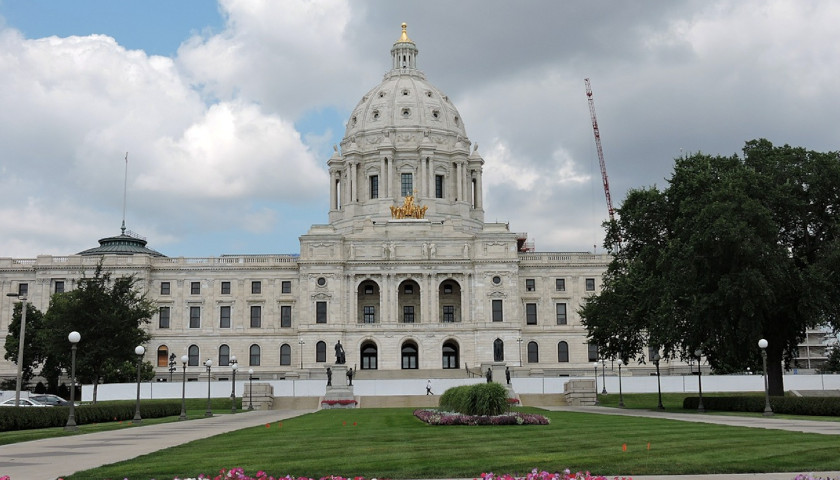by Bethany Blankey
Joint conference committees continue to hash out differences with the hope of reaching the May 20 deadline and closing a $2 billion gap between conflicting budget priorities.
Still up for discussion in the Minnesota legislature are proposed fees on drug distributors and manufacturers to pay for opioid addiction, treatment and prevention, which opponents argue doesn’t address the real issue and would only suppress an industry providing medication to people who need them. Instead of targeting businesses, stricter criminal justice measures should be implemented, they argue.
Another is allocating federal money toward securing the voting system, a 20-cent gas tax hike on top of additional spending on transportation projects, extending a 2 percent tax on medical providers, known as the “sick tax,” which is set to expire, in addition to increased spending on healthcare programs at a time when extensive fraud was uncovered by the state auditor’s office.
The jobs and energy conference committee is grappling with a statewide family leave program paid for through a new tax on employees and employers, and a Senate spending bill that would block cities from passing and enforcing their own employment ordinances.
The bill would likely reverse the Minneapolis ordinance that raised the minimum wage to $15 per hour, and was upheld by a divided Minnesota Court of Appeals panel. Minneapolis also passed an ordinance requiring employers to provide sick time for all employees. In 2017, the city became the first in the Midwest to adopt a $15 minimum wage.
Proponents of the measure argue that city employment ordinances would create a “patchwork” of regulations that would be detrimental to the state and local economies.
An overarching issue is how to spend or not spend the state’s $1 billion surplus. The DFL wants to spend all of it and raise taxes. Republicans are targeting wasteful spending and propose using general fund dollars for government operations, pointing to near record high state tax revenues.
In April, state tax revenue reached $489 million more than had been projected, due to changes from the 2017 federal Tax Cuts and Jobs Act, the state’s Management and Budget Office reported.
Minnesota received $338 million more in individual income taxes above forecasted projections, and $133 million more in corporate taxes. For the year, tax receipts are $573 million higher than anticipated, or 3.1 percent.
In response to the MBO report, House Speaker Melissa Hortman said, “There’s very troubling signs on the horizon,” pointing to “trade tensions” that could impact Minnesota farmers.
“But if she really is so skittish about prospects for the economy, why does she want to enact a $12 billion tax hike?” John Phelan, an economist with the Center for the American Experiment, asked.
Phelan points to Census Bureau data that shows Minnesota’s state government total revenue in 2017 was higher than any year previously. Having near record high state tax revenues and a $1 billion projected surplus for the coming biennium “ought to be a final nail in the coffin of proposed tax hikes,” Phelan said.
Instead, if Gov. Tim Walz’s and the DFL’s plans were implemented, they would hit hardest Minnesota families already struggling to make ends meet, Jason Flohrs, Minnesota state director for Americans for Prosperity, told The Center Square.
“Now is not the time to raise taxes – on anything,” he said. “Just throwing more money into the same big government solutions that are currently rampant with mismanagement and overspending, while doing nothing to reform or add accountability, will make Minnesota a less competitive, less prosperous, and less desirable place to live and work.”
– – –
Bethany Blankley is a contributor for CenterSquare.com.






Spend spend spend, liberal democrats just can’t get enough of spending other peoples hard earned money. I hope Tennessee never falls under their yoke of financial oppression.